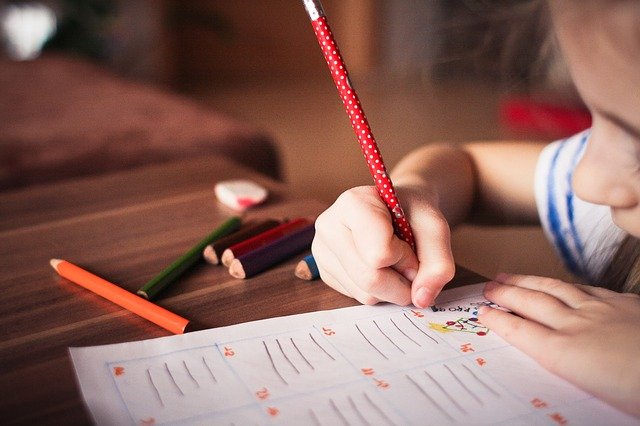EEF to publish new research on the impact of Covid on the attainment gap

New research indicates disadvantaged pupils have fallen further behind in maths as a result of the pandemic (@EducEndowFoundn)
Disadvantage gaps proving challenging to close in primary schools after covid-19 disruption
The attainment gap between disadvantaged primary school pupils and their classmates has grown in mathematics by one month since the onset of the pandemic, according to interim findings published today by the Education Endowment Foundation (EEF). These findings are drawn from an ongoing EEF-funded study which aims to understand changes to the gap which might have occurred due to the periods of partial school closure resulting from the Covid-19 pandemic.
While disadvantaged pupils’ outcomes in mathematics seem to have been hit hardest by the first national lockdown, the attainment gap did not widen (or shrink) during the Autumn 2020 term. This suggests that gaps caused by Covid are unlikely to close without intervention.
The research is based on assessment data collected by FFT Education from 132 primary schools prior to and after the first national lockdown. This report did not measure the impact of school closures on overall learning progress (sometimes referred to as learning loss) but, instead, looked at the differences in progress between pupils eligible for free school meals and those that are not.
Data from reading and maths assessments (PIRA and PUMA tests) taken in Autumn 2019, prior to the pandemic, was used as a baseline to track the trajectory of the attainment gap. Pupils whose data was included in the sample were all in Years 1 to 5 (5 to 10 year olds) during the academic year 2019-2020.
Reading and maths tests were administered to these same pupils on their return to the classroom in September 2020, and then again towards the end of the Autumn term 2020. Disadvantaged pupils’ performance in the tests was compared to that of their classmates to examine changes to the attainment gap which might have resulted from the first period of partial school closures.
Analysis of these results indicates that pupils from socio-economically deprived backgrounds have fallen further behind in maths since the onset of the pandemic. Contrary to previous estimates, this study found no discernible change to the disadvantage gap in reading.
These findings also highlight the difficulty of combatting educational inequality in classrooms. Data collected from PIRA and PUMA assessments taken at the end of the Autumn term 2020 indicates that the return of all pupils to school in September has not been sufficient in narrowing this newly-widened gap.
Further analysis is currently underway and a final data set will be collected in June 2021 to examine whether the disadvantage gap narrows, widens or remains stable.
Sir Peter Lampl, chairman of the Education Endowment Foundation (EEF) and founder and chairman of the Sutton Trust, said:
“Today’s research gives us more evidence of the enormous impact school closures have had on young people, especially those from low-income homes. The research indicates the need for long-term, sustained support for schools as they work to accelerate the progress of their disadvantaged pupils.
“To mitigate against the long-term impact of lost learning, large government funding is required. The cost of failing to act now will be a catastrophe for young people from low-income homes.”
Professor Becky Francis, CEO of the Education Endowment Foundation, said:
“The pandemic has brought the significance of social and educational inequality into sharp focus. Research studies like this one are providing clear evidence that substantial existing gaps have grown further due to the disruption to learning caused by the pandemic.
“In strategising an approach to recovery, we are presented with the opportunity to go beyond restoring the learning lost during partial school closures, and work towards rebalancing the scales for disadvantaged pupils.
Researchers from FFT Education said:
“Our study makes a fresh contribution to the research on the effects of COVID. We find that attainment gaps between disadvantaged students and their peers have widened slightly in maths, but not reading. We also find that there were surprisingly weak associations between school responses to COVID – for example, phoning students during the lockdown – and attainment.”











Responses